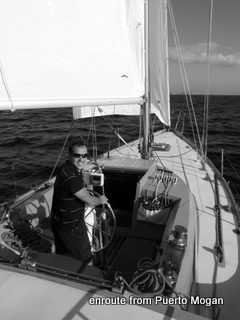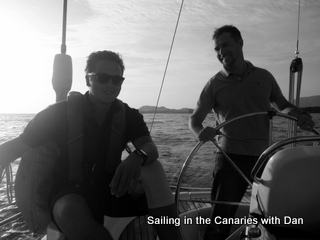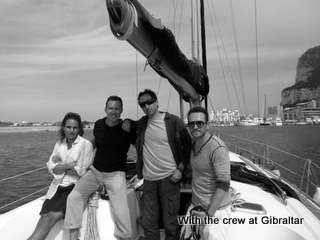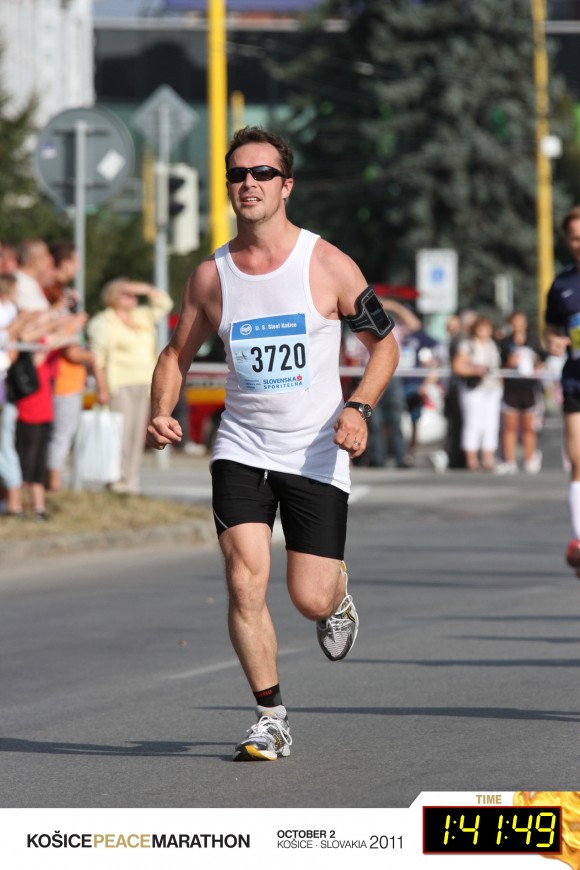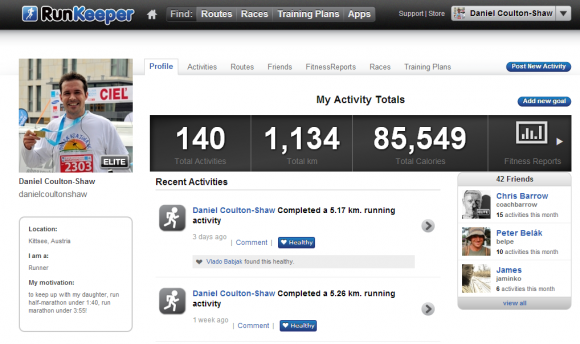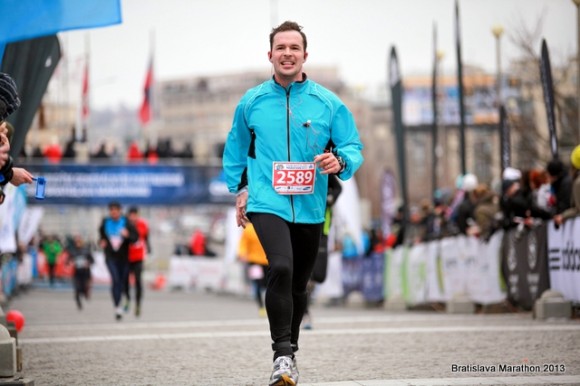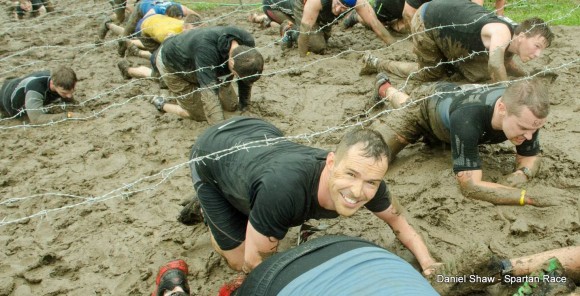“I walked 26000km around Europe for 3 years and only felt lost once I arrived home.”
It was a crazy idea. But I just had to get out there again, and find myself, God, or at least… something. I felt so hollow.
So in late November of 1995, with just a rucksack, spare socks, underwear, a map of Europe and a bible, I caught the ferry from Hull in England to Zeebrugge in Belgium, and started walking.
I basically crossed the West of Europe along the canals to the river Rhine, followed the Rhine down to the Alps, crossed the Alps & back, then through Eastern Europe over the river Danube to Russia.
Problems on the border of Georgia, stopped me travelling further, so I returned to Slovakia to then walk North through Poland and Scandinavia.
Once again in Slovakia, I then covered from a point I left off in Italy (Mestre by Venice in the North) and set off walking down through the Balkans up to the Serbian Border.
Cars would stop beside me in the pouring rain, and ask if I wanted a ride to the next town.
“No thanks, I must walk to Jerusalem” I answered.
This was usually met with a blank stare, and off they drove.
At first I covered 20km each day, then built it up to 30-50km per day, the longest being over 100km when I walked day and night to find suitable shelter in Croatia.
Finally becoming tired of walking daily, I settled in Slovakia.

